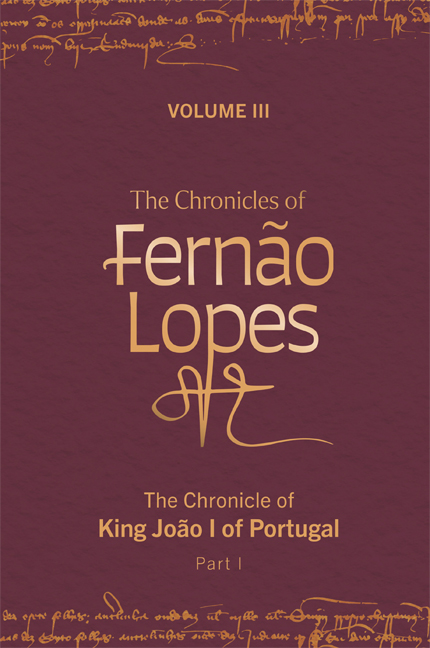Prologue
Published online by Cambridge University Press: 28 December 2023
Summary
Bonds of affection have caused many writers, when charged with composing historical accounts, to take great liberties, particularly when writing about those great lords whose dependents they were and on whose lands they lived, and where their ancestors were born, for they wrote very favourable accounts about these men and their deeds. Such partiality derives from warm worldly bonds which are nothing but a perfect correspondence between something and our human understanding of it. Thus, from the land on which men have been reared and to which they have long grown accustomed, there springs up a bond between their understanding and the land itself, so that, when called upon to pass judgement on any aspect of it, whether to praise it or to criticise it, their account is never accurate: if they praise it, they always exaggerate, whereas, if they do the opposite, they neglect to describe its shortcomings in all their true reality.
Some maintain that this bond and natural inclination is also due to the fact that when hunger, which is life's great herald, is satisfied with food for the body, the blood and spirits deriving from such sustenance become so akin to it as to generate this bond. Others, however, have argued that the bond derives from the seed at the very moment of conception, thus creating this predisposition in what is generated from it and establishing the bond not only with a man's forebears, but also with the land on which he lives.
It seems that this is just what Tully meant when he declared: ‘We are not born for ourselves, because part of us belongs to our homeland and another part belongs to our kin.’ Accordingly, a man's judgement always falters when relating the deeds pertaining to either the land to which he belongs or the people who inhabit it.
These natural bonds have caused some historians who have written about matters relating both to Castile and to Portugal, even though they were authoritative writers, to stray from the right path and to rush along obscure tracks, so that in certain passages the shortcomings of their countries should not be seen too clearly.
- Type
- Chapter
- Information
- The Chronicles of Fernão LopesVolume 3. The Chronicle of King João I of Portugal, Part I, pp. 9 - 11Publisher: Boydell & BrewerPrint publication year: 2023



